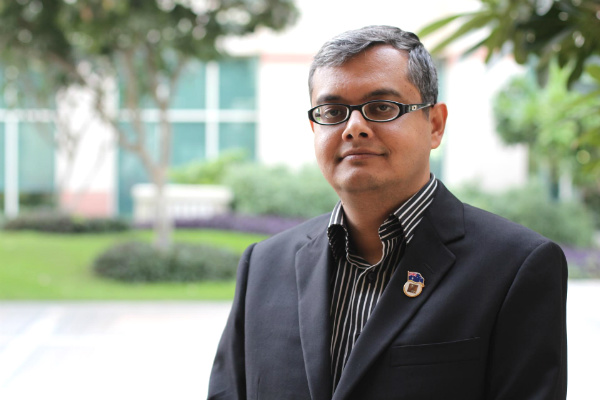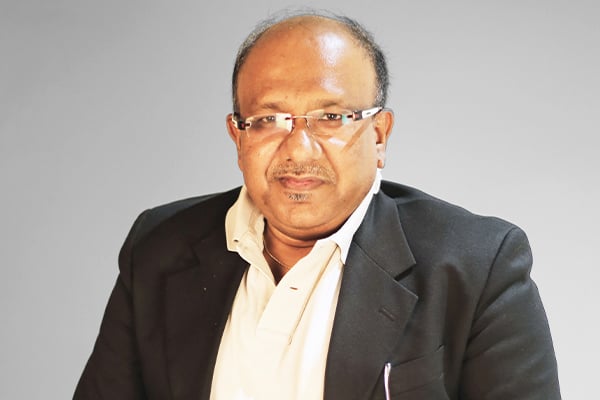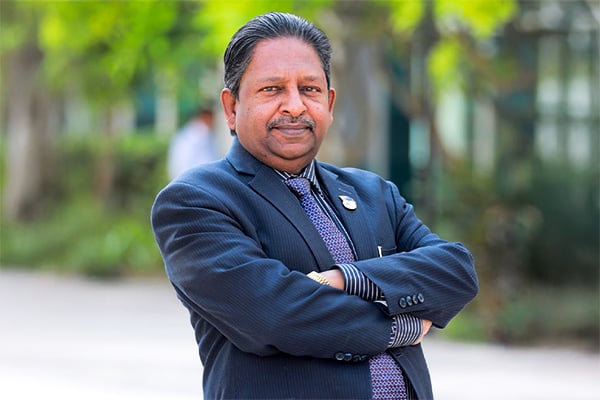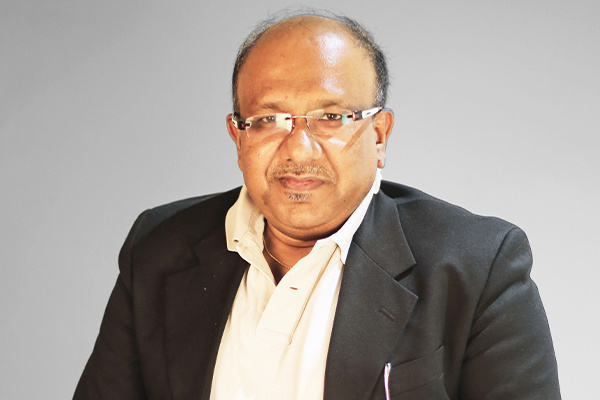On July 29, 2020, India's Union Cabinet approved a new National Education Policy (NEP 2020) that affects curriculums from school to university level. The new policy, which will be implemented in Indian curriculum schools in the UAE, encourages critical learning and early specialisation. Dr Arindam Banerjee (Associate Professor and Deputy Director – Global MBA & Master of Global Business, SP Jain) welcomed the overhaul of the Indian education system and shared his insights in an interview with The National, a leading news publication in the Middle East.


“This is not just a policy, this is something that the Indian government has rolled out keeping in mind long term influence and a long due aspect of India. The forward-looking New Education Policy moves a step further towards Prime Minister Narendra Modi’s vision and dream of a new ‘Atmanirbhar Bharat’, meaning a self-reliant India,” said Dr Banerjee.
He said that India currently produced millions of brilliant and intelligent graduates but who lack the necessary basic skills for tomorrow’s economy. Under the new policy, students will be taught sophisticated skills, like coding, from Grade 6 and they will be able to choose courses that fit the field they would like to study in university. Currently, students are only allowed to choose concentration courses in Grade 11, which Dr Banerjee said was too late.
He said assessments under the new policy would rely more on the “practicality of learning rather than theories of learning”. This change will help Indian curriculum students develop skills in areas they are currently lacking expertise, including data analysis and artificial intelligence, he said.
Almost 80,000 students are enrolled in Indian curriculum schools in Dubai, most of which follow the Central Board of Secondary Education (CBSE) curriculum.












